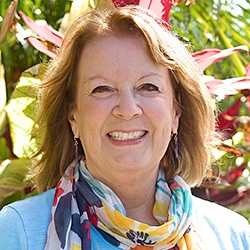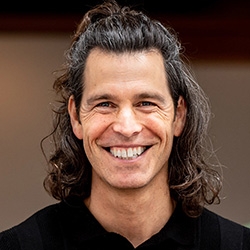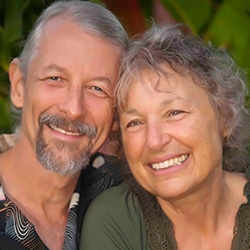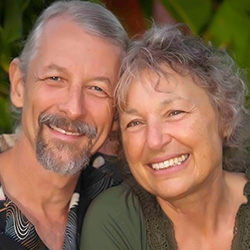
Search Results: requests
-
Misunderstandings can be painful. We can easily avoid this by checking what the other person understood from what we said, and ask the other person to do the same. Doing this is especially important when it comes to planning, shared decision-making, and when emotions are strong. Also, the more someone knows you, the more they think they already know what you mean -- which can get in the way of really hearing you. Here are a variety of ways to approach this simple strategy.
-
Trainer Tip: When someone acts in baffling ways we can either wonder about what’s going on with the other person, create our own stories about it (blame, resent, make assumptions), or inform ourselves by asking. This is an opportunity to learn something new.
-
This 5-session telecourse recording is designed to support you in learning what makes giving and receiving feedback challenging and how you can turn these experiences into opportunities for learning, connection, and effective functioning.
-
For many people, attempting to connect with others across differences can feel akin to walking through a minefield. With humility, tenderness, and courage, Roxy challenges your perspectives and encourages you to open your heart and mind. Roxy uses concrete examples and visual tools to illustrate complex concepts.
-
This telecourse recording is for anyone wanting to integrate empathy into his/her life in a more natural, authentic way.
-
Join CNVC Certified Trainer Jerry Koch-Gonzalez, Greg Rouillard and Certified Dynamic Governance (Sociocracy) Consultant John Buck for this six-session course recording to learn how to transform your method of meeting facilitation. Many NVC organizations have begun using sociocratic tools, including circle meetings and decision making by consent, with satisfying results.
-
Watch Jim and Jori Manske in this video as they share three key learnings about collaborating effectively.
-
In Yoram’s 2021 course, participants delved deeper into their NVC practice so they were better prepared to meet conflict head-on. In this 5-session series, Yoram explores: the power of empathy to change the trajectory of heated conversations embracing the internal conflicts of the different parts of ourselves how to approach differing views peacefully the use of NVC to help let go of judgments how to confidently ask for what you want
-
Often when someone else does something we don't like, it's easy to blame the other person. After all, we have all been trained to focus on fault when needs are not met. What can we do to shift that pattern?
-
Ask the Trainer: "Could you explore why people 'talk too much' and how I could connect with them and myself empathically when I'm also talking too much?"
-
Listen to John answer an NVC Library member's question about what we can do when we habitually place other's needs ahead our own. Healing and change can be reached through compassionate self-connection, needs awareness, mourning and mindfulness.
-
Ask the Trainer: Can all needs be met when illness limits the capacity of one person to meet the needs of her partner?
-
In this lively video, veteran trainer, Liv Monroe, introduces the NVC mascots of jackal and giraffe by detailing what they represent and how they are used to teach NVC dialogue to others. Many examples of jackal expression are used throughout the video.
-
Mary Mackenzie leads listeners through a guided meditation to experience the energy of needs. This meditation will support you to connect to your feelings and needs in the moment, and to experience the unique and deep energetic quality of that primary need.
-
There are four components to the Nonviolent Communication (NVC) model, as developed by Marshall Rosenberg, PhD. The 4-Part NVC Process can guide you to express how you are, or they can be used to empathically receive how another is.
-
CNVC Certified Trainer Miki Kashtan talks with radio show host Hollis Polk about strategies for communicating with family members whose political views oppose our own.
-
Jim and Jori Manske explore the considerations of expressing ourselves honestly, considerations that lead to more fully conscious and nonviolent connections.
-
Jim and Jori discuss sharing power through exploring our experience of having and not having power, how we make choices about our power and examining our relationship to power itself.
-
Rachelle Lamb offers proven steps to substantially boost meeting productivity and efficiency, and make meetings more productive and enjoyable for everyone, when using NVC. Rachelle offers a series of quick tips including check-in, take turns, pause, speak honestly, speak mindfully and more.
-
Join Jim Manske as he leads you through a self-connection exercise to guide you toward welcoming whatever enters into your awareness.





















